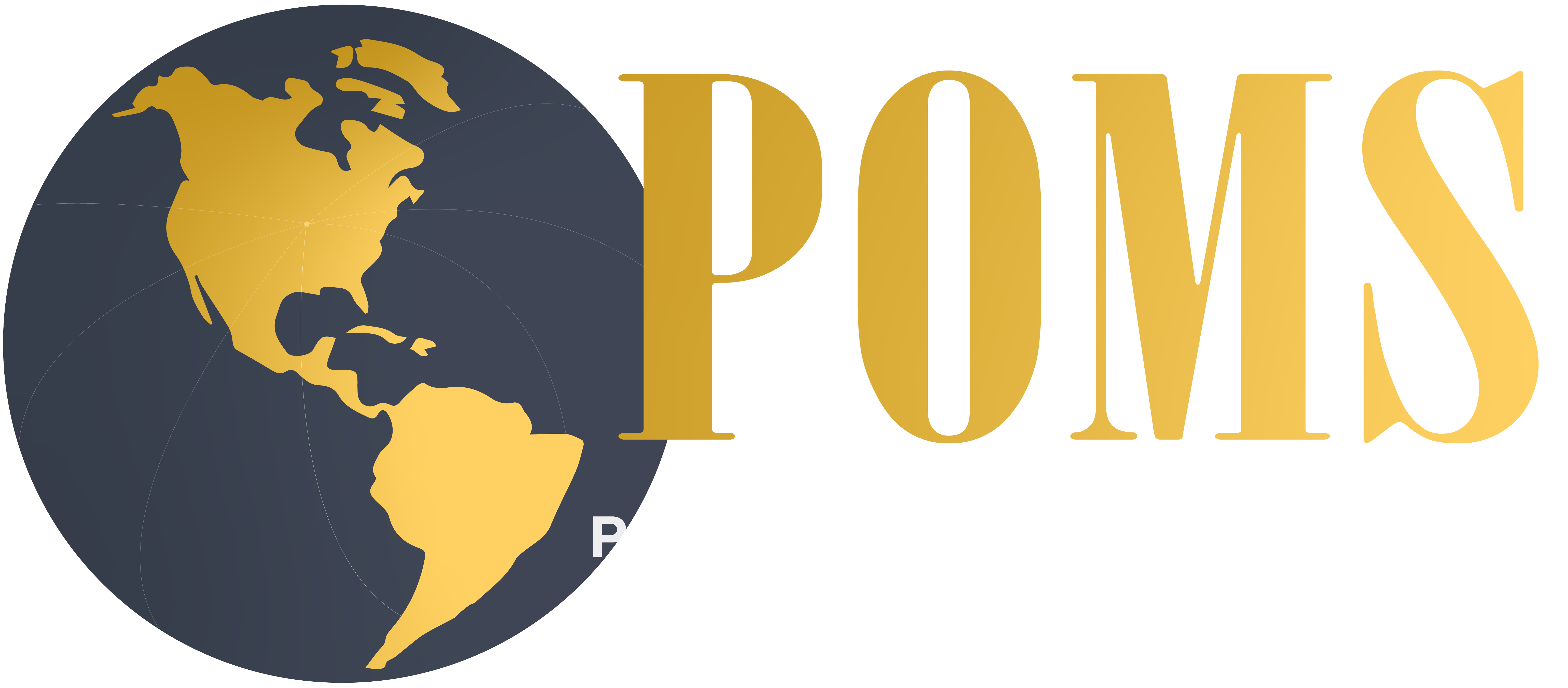SERVICE OPERATIONS MANAGEMENT
Mission Statement
There is an ever-increasing need to improve management principles and theory on designing and managing service operations. Advances in information and communications technology hastened the startling pace of service product and process advances, globalization of services, the heterogeneity and complexity of customer demands, and entry of non-traditional service providers. Yet despite the size and growth of the service sector in industrialized economies, productivity has improved only slightly in recent decades. Additionally customer expectations for faster, better, cheaper services are rising. These are but a few examples of environmental, contextual, and competitive factors that are altering the landscape of service enterprises.
The Service Operations Management (SOM) Department is seeking leading-edge, rigorous research that expands the scientific knowledge base of services management from an operations management lens, and at the same time is relevant to practice. With this scope, we seek articles that build and test theory in SOM and provide managerial insights on the design, delivery, and performance assessment of services. Theory-based conceptual studies and interdisciplinary submissions are also encouraged and articles may cover either strategic or tactical problems. Submissions should be grounded in practice and be motivated by SOM issues faced by practicing managers, their companies or the service sector. Research methodologies may vary from analytic optimization, economic analyses, simulation and empirical techniques, which span survey-based to case-based studies. Regardless of the research approach taken, all submissions must pass the highest standards for scholarly work. Examples of topics that fall into the SOM Department include:
- Service technology management including: the use of the Internet for e-commerce (B2B) and e-services (B2C), self-service and process technologies, and technology mediated customer contacts
- Behavioral and psychological aspects of service management including: management of professionals and knowledge workers, employee-customer interfaces, design for experiences, delivering personalized services, and servicescape effectiveness
- Yield management, DEA, discreet choice modeling, and other analytical approaches to managing and designing services
- Service supply/value chains design including: customer-supplier relationships, managing uncertainty, franchising, outsourcing, shared services, purchasing, and configurations of facilities and networks
- Service-based manufacturing, including service factories and after-sales service
- Performance and value measurement including: economics of services, customer satisfaction and loyalty
- Managing service encounters including: blueprinting, failsafing, service guarantees, and service recovery
- Service innovations and new service design and development
- Interface between SOM and other functions including, marketing and human resources
- Capacity planning including: queuing, scheduling, forecasting, and trade-offs in balancing supply and demand
- Service sector applications including: financial services, retail services, health care, hospitality, catalogue, and industrial services
- Service quality, customer orientation, and continuous improvement
- Service operations strategy including: strategic planning; strategy content and execution, service delivery channel strategies, pricing, SOM competitiveness, service configurations and taxonomies
- Globalization of services including: industrialized and emerging markets, multicountry expansion, and cross-cultural issues.
Departmental Editors
 Professor Maxime Cohen
Professor Maxime Cohen
McGill University
maxime.cohen@mcgill.ca
 Professor Michael Pinedo
Professor Michael Pinedo
New York University
mpinedo@stern.nyu.edu
Senior Editors
Ryan Buell, Harvard Business School
Craig Froehle, University of Cincinnati
Wendell Gilland, University of North Carolina-Chapel Hill
Harry Groenevelt, University of Rochester
Pengfei Guo, City University of Hong Kong
Dorothee Honhon, University Texas at Dallas
Kejia Hu, Oxford University
Warut Khern-am-nuai, McGill University
Martin Lariviere, Northwestern University
Mahesh Nagarajan, University of British Columbia
Baozhuang Niu, South China University of Technology
Pengyi Shi, Purdue University
Rob Shumsky, Dartmouth College
Terry Taylor, University of California, Berkeley
Sriram Venkataraman, University of South Carolina
Guohua Wan, Shanghai Jiao Tong University
Wenqiang Xiao, New York University
Yuqian Xu, University of North Carolina-Chapel Hill
Renyu (Philip) Zhang, The Chinese University of Hong Kong

